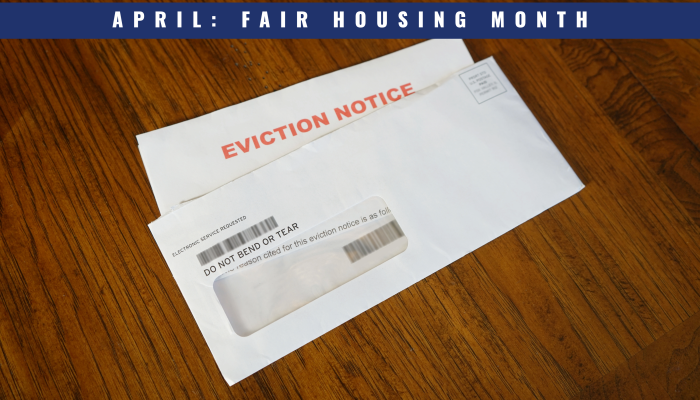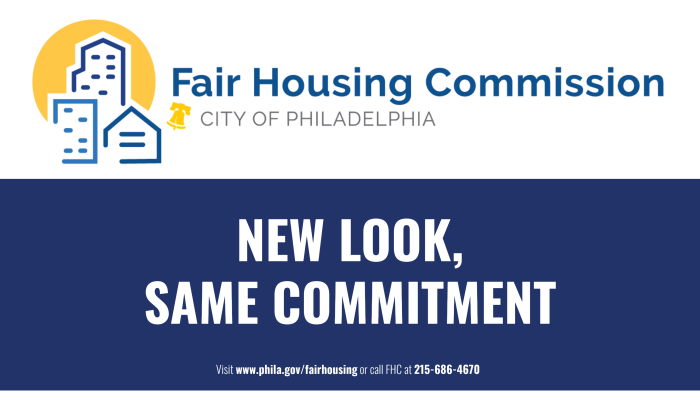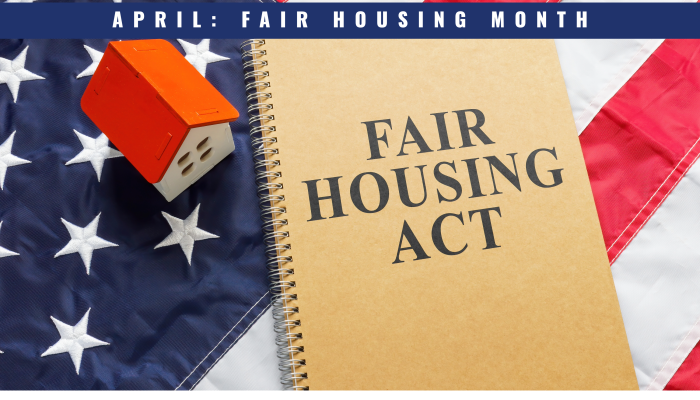When a tenant stops paying rent, fails to leave the rental property at the end of a lease term, or breaches provisions of the lease, a landlord may want to try to get them out as quickly as possible.
Often, a landlord may be tempted to take the process into their own hands.
Under Philadelphia law, a landlord is required to follow rules and specific legal procedures to evict a tenant. For example, they must start by filing an eviction case against a tenant in Municipal Court. They are not permitted to take any action to evict a tenant until they have obtained a judgment against a tenant.
A self-help eviction occurs when a landlord attempts to remove a tenant from a property by physically removing the tenant, threatening the tenant’s health or safety, intimidating the tenant, or performing any other action to prevent the tenant from occupying the property. “Self-help” evictions are illegal according to section (9-1600) of the Municipal Code.
Other examples of self-help eviction:
- Interfering with the property’s locks (plugging, changing, or removing the lock);
- Blocking access to the property;
- Removing the property’s windows and doors; or
- Interfering with the property’s utility services (including electricity, gas, hot/cold water, heat, or telephone service).
- Illegal utility shut-offs:
- If a tenant does not pay utility bills, which the tenant is responsible for under the lease, the utility can be shut off by the utility company. A landlord is not allowed to disconnect a property’s utilities if a tenant does not pay rent or utilities, or to force a tenant to leave a property.
- If a landlord is responsible for paying a utility bill, under the lease, and the landlord refuses or fails to pay the bill, the utility company must allow the tenant the opportunity to stop the service from being shut off. If this is the case, the Utility Service Tenants Rights Act (USTRA) can assist you in keeping the water service on. With USTRA the tenant can deduct the cost of those utilities from rent. To learn more, contact the Philadelphia Water Department (PWD).
- If a landlord turns the water off at the curb, PWD will not restore the water. Instead, it’s recommended that the tenant contact a licensed and registered plumber to restore the water.
- Forcing a tenant to vacate by use of force by threatening violence or injury to a tenant’s person or property.
- Engaging in any activity or pattern of activity which renders a property inaccessible to the tenant.
- Failing to take reasonable and prompt remedial action to restore access and habitability to a property after engaging in a self-help eviction practice.
- Illegal utility shut-offs:
What should you do if you experience an illegal eviction?
- Call the Police. The Philadelphia Police Department is trained to respond to illegal eviction actions and restore a tenant to a property. The Police may require proof that you are the legal tenant of the property, including a lease or rent receipts.
- Contact an attorney for assistance and guidance on legal action against your landlord in court, to restore you to the property. Free legal assistance may be available from multiple legal aid organizations. Visit PhillyTenant.org or call the Philly Tenant Hotline at (267) 443-2500.
- Contact the Philadelphia Fair Housing Commission (FHC) at (215) 686-4670 to file a case against your landlord. The FHC has the power to issue an order restoring you to the property and fine the landlord.
For more information, visit the FHC website.




